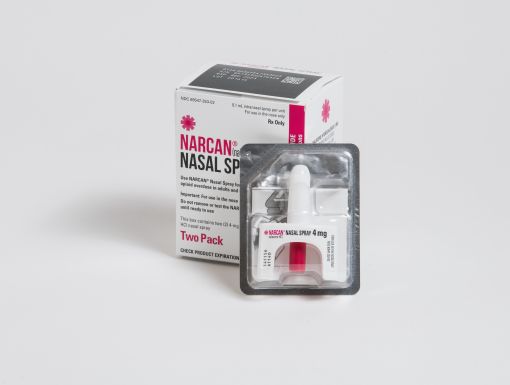
Why Are More College Students Struggling with Mental Health?
Many of today’s college students find themselves overwhelmed by an array of challenges. Coursework, relationships, financial pressure and adjusting to campus life are among many things that can weigh heavily on the psyches of these post-high school students.
A new survey published by Gallup and the Lumina Foundation indicated 2 out of 5 undergraduate students say they frequently experience emotional stress while attending college. Among female students, nearly half reported persistent emotional stress.
The study found 41% of students enrolled in a postsecondary education program have considered dropping out of school in the past six months. Of those who thought about leaving school, 55% cited emotional stress as the reason.
The National Institute of Mental Illness says surveys conducted in 2021 showed college-aged people from 18 to 25 had the highest prevalence of mental illness (33.7%) compared to adults aged 26-49 years (28.1%) and aged 50 and older (15.0%).
Experts say the pandemic played a part in what is viewed as a rising mental health crisis on college campuses. But it should also be noted that studies indicate the mental health of college students across the United States has been on a consistent decline for nearly a decade.
Amid these sobering statistics, some colleges are retooling their approach to helping students in psychological distress.
The best and the worst of times
The college years can be an exciting time of newfound independence and personal growth. But being in a new setting away from the support of family can also usher in anxiety and other emotional challenges.
Moving into a dorm, meeting new people, joining a sorority or fraternity, and taking in a Saturday football game with 80,000 friends can prompt many first-year college students to move mental health to the back burner – if not completely off the stove.
But as the statistics reveal, the pressures associated with the newfound freedoms and social opportunities often come home to roost.
Many students find themselves struggling to keep up with their academic responsibilities, especially when mom and dad aren’t around to mandate class attendance and completion of homework. And, then there’s always friends trying to lure even the more studious students to dollar beer night at the local tavern.
Some students must carry part-time jobs to make ends meet, especially during these times of skyrocketing college costs. Financial, social and academic pressures can combine to create a dangerous mental health cocktail.
Mental health awareness
One of the lessons post high school students should learn is that prioritizing mental health is one of the keys to having a successful college experience.
The National Alliance on Mental Illness says that even those college students with no history of mental health problems should think ahead and take steps to help ease the emotional challenges of starting a college journey.
Establishing a healthy self-care routine that involves getting adequate sleep, maintaining good nutrition and engaging in regular exercise will help keep students’ minds and bodies in good condition.
Students should take advantage of the academic, health and mental health support services available at their school and learn about what they can provide. If they encounter psychological turbulence, young collegians should beat back the stigma of seeking professional help.
Statistics indicate many students are taking advantage of campus mental health support resources. While the statistics might be viewed as a troubling trend, the good news is that students appear willing to seek help when they need it.
If emotional problems are overwhelming and staying in school is too much to handle, students need to be aware that there’s no shame in taking time off. Most institutions of higher learning have a process for taking a leave of absence during a mental health emergency.
While jokes abound regarding students being on the seven-year undergrad plan, the fact is fewer than half students complete a bachelor’s degree in four years. There are times when academic hustle can become the enemy of mental health and long-term success.
This is not to say that students should consistently give into the dollar beer night temptations in lieu of doing their coursework. But if pressures build up to the point of undermining mental health, students should know when to say when.
The old college try
For colleges, early identification of students with mental health problems and thorough assessments of the individual needs of these collegians is the best way to ensure better outcomes, such as graduation, according to the National institutes of Health.
Many colleges are stepping up to the plate. A recent survey by the American Council on Education found that the mental health of students is consistently cited as the most pressing issue among college presidents.
More and more, colleges and universities are enlisting the aid of psychologists to help better equip faculty members in supporting students grappling with mental health issues.
Learn more about behavioral health at Ochsner.



